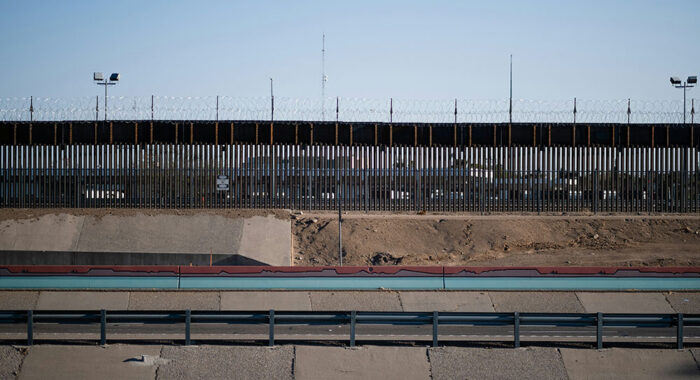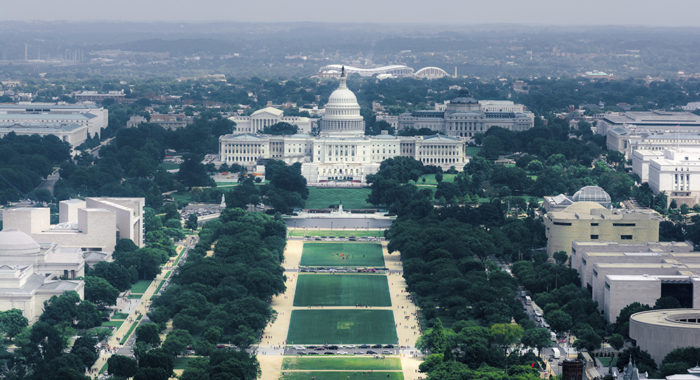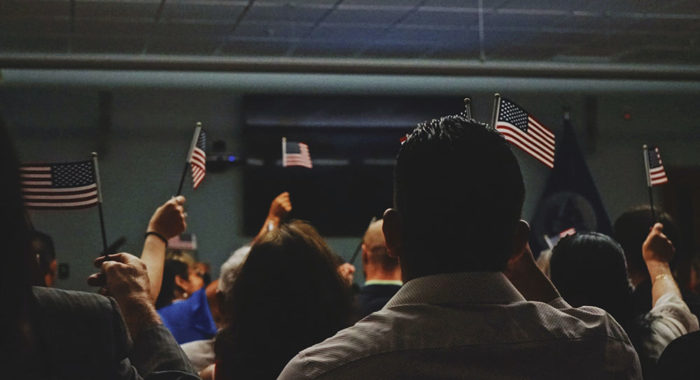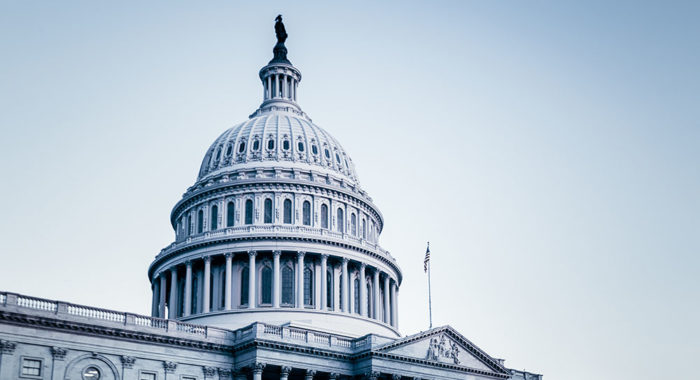Charitable institutions in religion, education, health, and social welfare have been leaders in serving human needs in the United States and around the world.
The Congress of the United States has always recognized that the common good is served by individuals who give of their resources to meet social needs, including gifts of appreciated property. Such gifts represent a significant portion of the support needed by charitable institutions to meet social needs. The loss of these charitable institutions would impose a multi-billion dollar tax burden upon the American people and also destroy the dynamic of voluntary and personalized service for which these institutions are known.
The Tax Reform Act of 1969 recognized that an individual’s philanthropic dollar can be more efficiently used in direct appropriation to charitable institutions than it can through government agencies.
We express concern, however, to the President over the new section of his 1976 Budget which shows charitable deductions as “tax expenditures” to the American public which are “exceptions to the ‘normal-structure’ of the . . .income tax with the implication that the benefit goes to the donors rather than the recipients. Charitable deductions have been the tax structure since it began and the benefits go to the people whose needs are served by charitable institutions; they do not remain with the donor.
Furthermore, we note that in a comparison between charitable deductions and direct appropriations for social service, both the efficient and effective value of the charitable dollar will be obvious.
We urge the Congress to preserve the principle of private philanthropy as developed throughout the history of our nation, particularly by restricting proposals to eliminate the charitable deduction or heavily tax the appreciated portion of gifts of property.



 View All Updates
View All Updates 




























